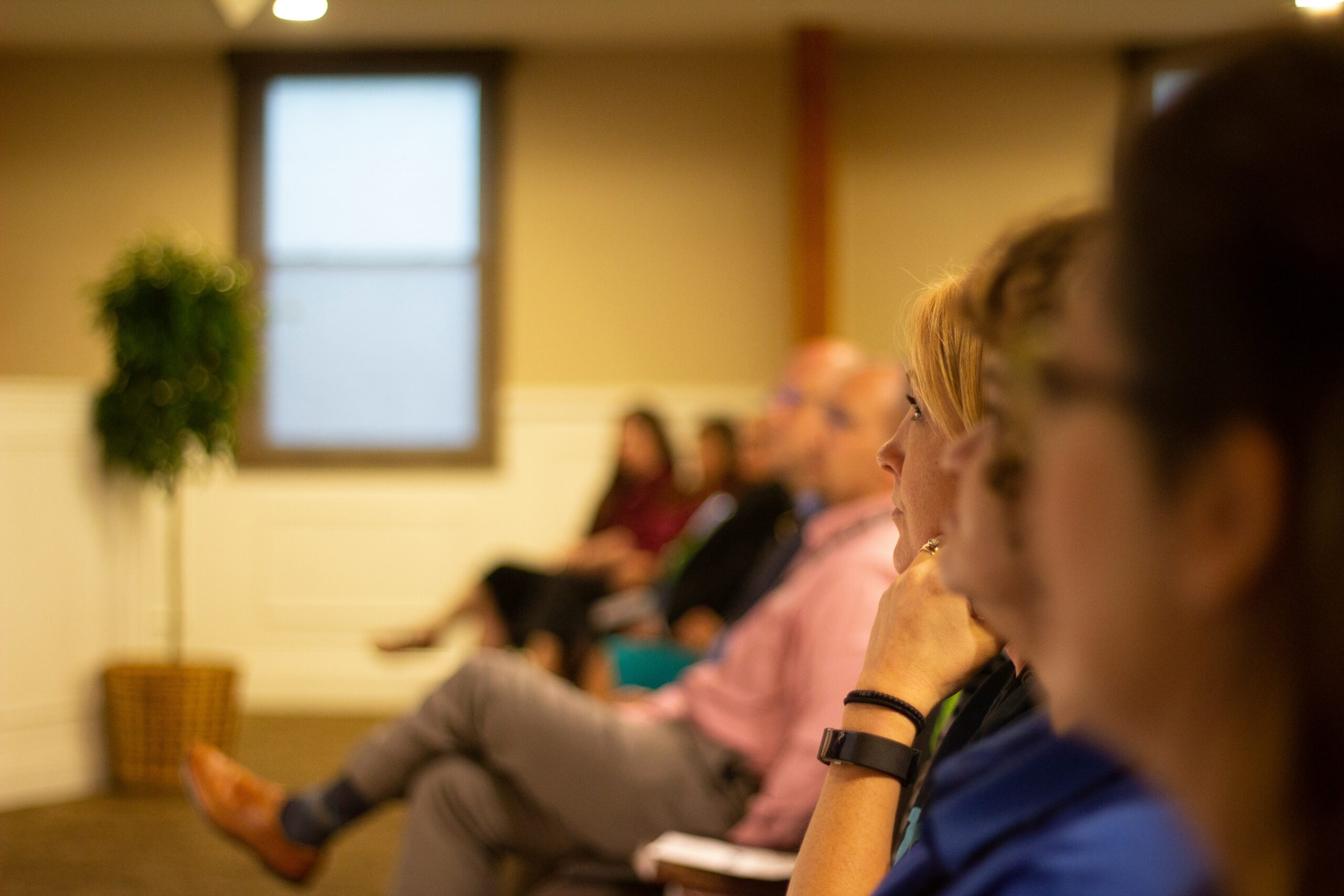Accessing addiction recovery support is a critical step for anyone striving to overcome substance use disorders. Traditional in-person programs, such as outpatient therapy, group meetings, and residential treatment centers, have long been the cornerstone of recovery. However, for many people, attending these sessions in person is not always possible. Barriers such as geographic limitations, transportation issues, demanding work schedules, health concerns, or personal responsibilities can make in-person support challenging. Fortunately, there are multiple alternatives that can provide effective help for those unable to attend face-to-face programs.
Teletherapy and Online Counseling
Online therapy has grown in popularity and accessibility over the past decade. Licensed therapists can now provide individual counseling sessions through secure video calls, phone conversations, or even text-based platforms. Teletherapy offers flexibility, allowing individuals to schedule appointments at convenient times and from the comfort of their homes. While it may not replicate the energy of a physical group session, teletherapy provides professional guidance, accountability, and the opportunity to develop coping strategies in real-time.
Virtual Intensive Outpatient Programs (IOPs)
For those needing more structured support than standard online therapy, a virtual IOP can be a highly effective alternative. These programs provide a comprehensive approach to addiction recovery, combining therapy, group sessions, and educational resources. A virtual IOP offers the same intensity and structure as traditional outpatient programs but is delivered entirely online. This approach ensures individuals receive consistent care, maintain accountability, and stay connected to a supportive community, all without leaving their homes.
Online Support Groups
Peer support is a cornerstone of recovery, and online platforms now provide a wide range of virtual meetings. Organizations like Alcoholics Anonymous, Narcotics Anonymous, and SMART Recovery offer online groups that meet via video conferencing or chat rooms. These virtual meetings provide an opportunity to share experiences, receive encouragement, and build relationships with others who understand the challenges of addiction. Accessibility is a major advantage, especially for those living in rural areas or places with limited local recovery resources.
Mobile Apps and Digital Recovery Tools
Technology has introduced an array of mobile applications designed to support individuals in recovery. These apps can track sobriety milestones, provide motivational content, and offer reminders for therapy exercises or daily reflections. Some apps also connect users with professional counselors or peer mentors, creating a network of support that can be accessed anytime. While not a replacement for professional treatment, these tools can complement other forms of online or virtual care.
Self-Help Resources and Education
For some, self-directed recovery through educational materials, online courses, and literature on addiction management can be valuable. Books, podcasts, and online workshops can help individuals understand their triggers, develop healthier habits, and build a recovery-focused lifestyle. While this approach requires strong self-discipline, it can be a practical option for those waiting to access more formal treatment.
Summing Up
Not being able to attend in-person addiction recovery support does not mean recovery is impossible. With teletherapy, virtual IOPs, online support groups, mobile apps, and self-help resources, individuals can access flexible and effective care. These alternatives provide tools for building resilience, maintaining accountability, and fostering connections, essential elements for long-term recovery. By embracing these options, those on the path to recovery can continue making progress, no matter where they are.

